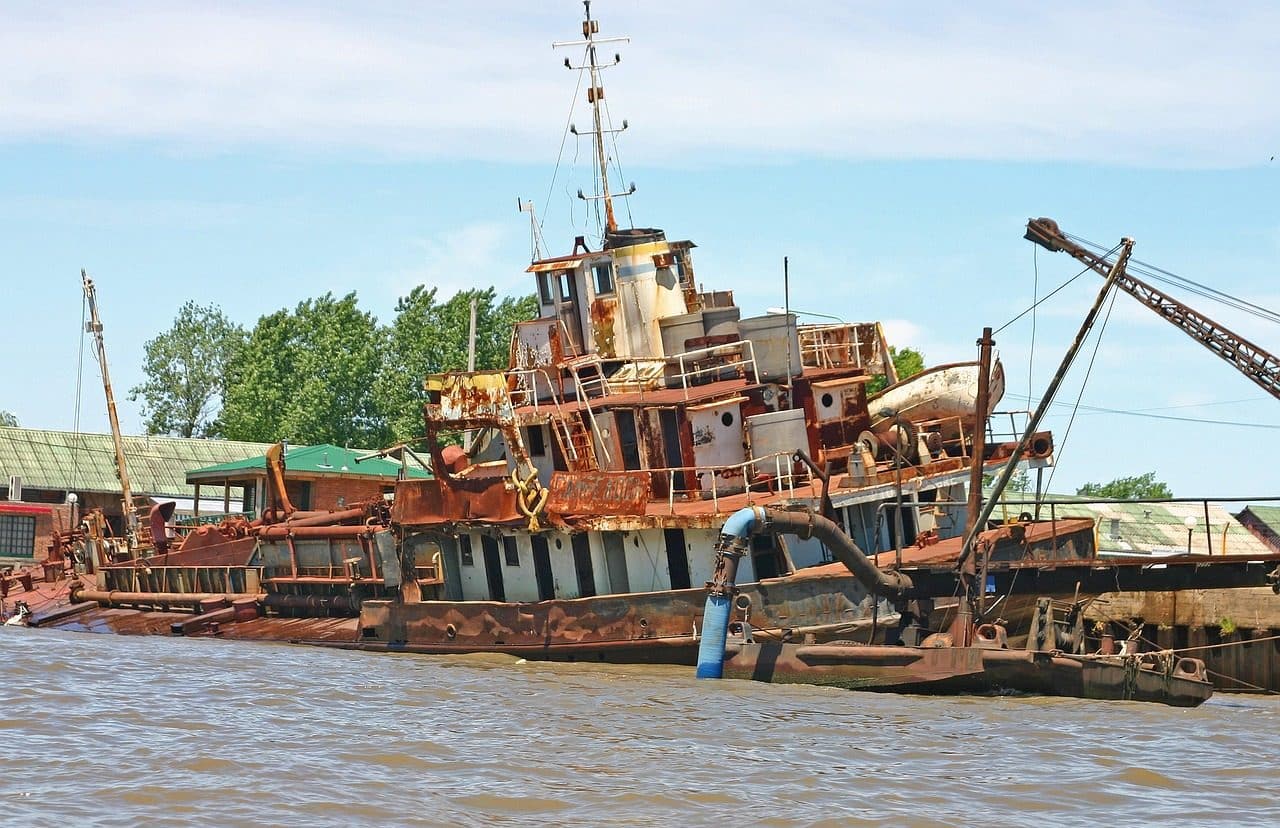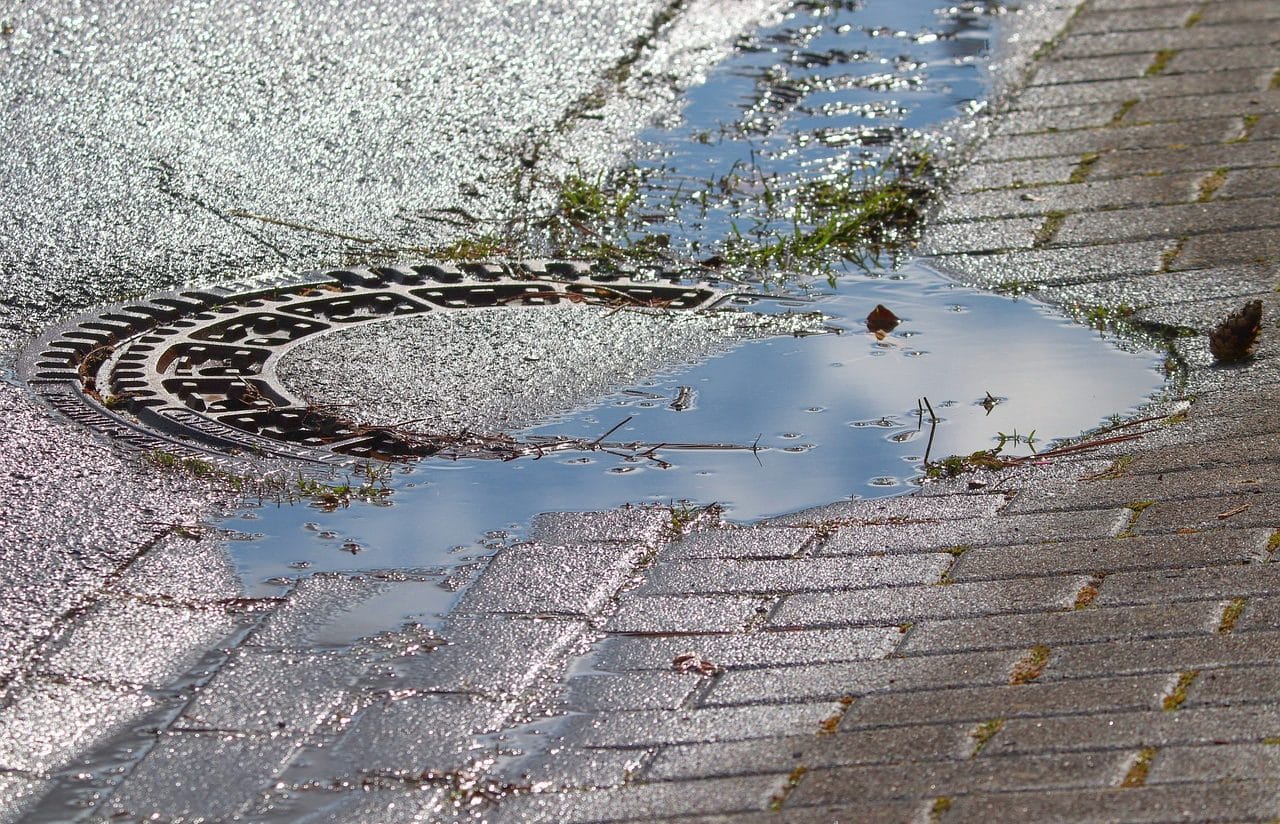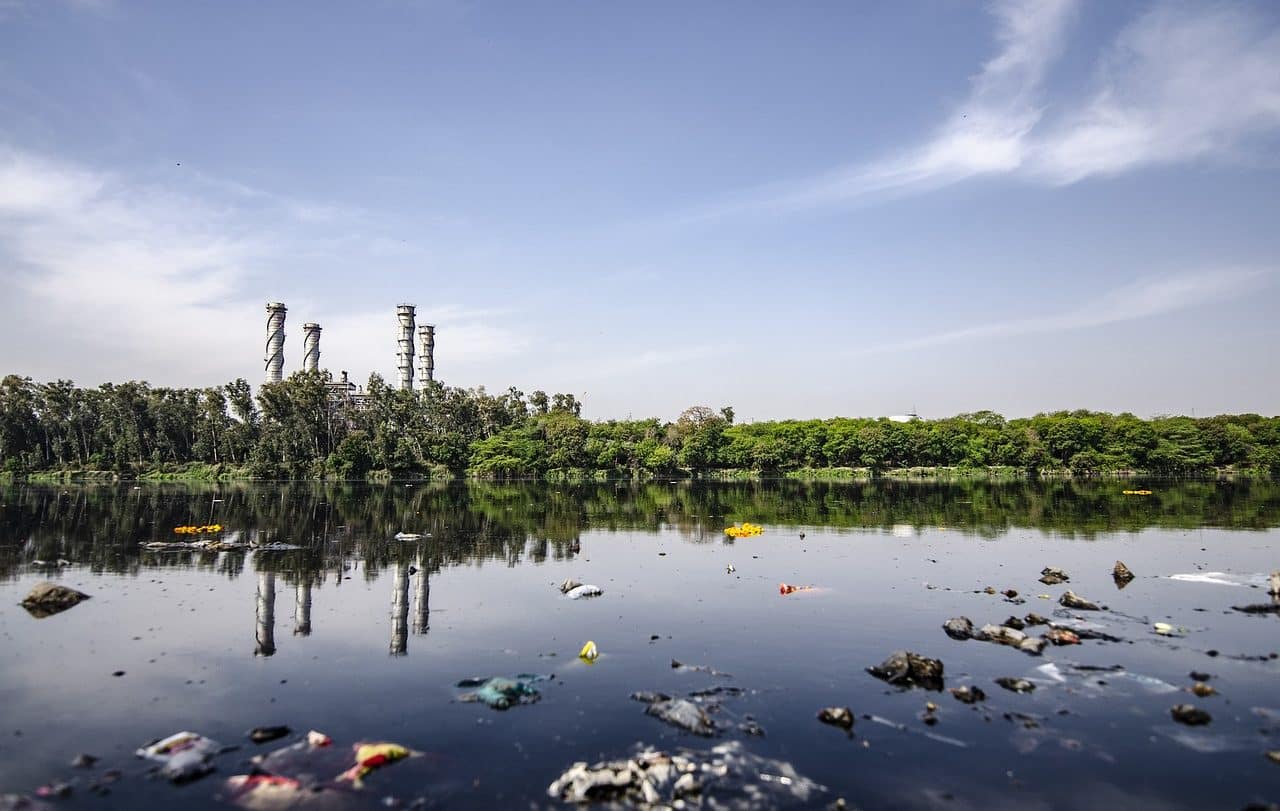
Marine litter , microplastics, and abandoned ships and structures cause water pollution.
Water pollution is a concept that refers to the alteration of the normal conditions of this liquid essential for life. Changes in water are usually caused by man through different actions.
It should be noted that the concept of contamination is used to refer to the process and result of contaminating : modifying, in a harmful way, the natural or normal characteristics of something. Water , for its part, is the substance with molecules composed of one oxygen atom and two hydrogen atoms, which in its pure state appears as a tasteless, odorless, colorless and transparent liquid.
Consequences of water pollution
Contaminated water is no longer drinkable : that is, it can no longer be drunk safely. In this way, pollution makes the water unsuitable for consumption or for agriculture or industry. In turn, contaminated water can make it impossible to carry out recreational activities ( swimming , fishing, etc.).
A sea , a river , a lake , a stream and a lagoon , to name a few possibilities, can have contaminated waters. The possible people responsible for the pollution are very diverse: from a person who leaves a plastic bottle on a beach and the container then ends up in the sea to a paper factory that dumps its industrial waste into a river. Of course, the level of pollution produced by an industry is much greater than that generated by an individual.
It is important to note that water pollution does not only affect humans . Also animals that drink water and those that live in it suffer the consequences of poor water conditions.

Lack of sanitation infrastructure and inadequate sewage systems contribute to water pollution.
The importance of caring for resources
Faced with the problem of water contamination, many people choose to take certain precautionary measures to reduce the risk as much as possible, and to do so there are various tips that we can all follow in our daily lives. It is important to remember that water is a fundamental resource for the survival of the planet, so we must use it with respect and moderation.
Caring for water begins with a thorough evaluation of our domestic habits : we can very likely improve at least one of our habits to reduce the impact that our daily lives have on water pollution. Excessive water consumption at the domestic level is common, for example, it is common due to a lack of environmental education.
In this context, it is advisable to use fewer chemical products for cleaning tasks, something that can be especially difficult given the influence of advertising in the media.
Among the reasons why we should opt for natural cleaning products are that toxic chemicals such as ammonia and bleach not only affect the water supply once they enter the pipes but are unnecessary to leave the house in perfect condition. . For those people who do not know which cleaners to choose, the United States Environmental Protection Agency ( EPA ) offers a list of the most recommended among the "green" options; that is, environmentally friendly.

Water pollution can lead to ecosystem alteration.
Drains and water pollution
Another habit that we must review in our daily lives is waste management. First of all, we should never pour a substance that is not biodegradable down the drain . If we need to use products such as wall paint, cleaning solvent, motor oil or pool chemicals, we must dispose of the remains following the steps recommended by the local government, both for preparation and choosing the appropriate container.
We should not throw medications down the drain either; Many people flush expired pills and syrups down the toilet or sink, and this contributes greatly to water pollution. As well as for the toxic products mentioned in the previous paragraphs, there are also recycling programs specifically designed for medicines.
The responsibility of the industry
Beyond the fact that each person can contribute to the care of water and the rest of the natural resources, it is evident that the industry has a great responsibility in these issues due to the volume of pollution it generates. Heavy metals such as mercury , lead and cadmium , among others, usually reach rivers, lakes and seas as a result of different industrial activities.
Intensive agricultural production that demands the large-scale use of pesticides, herbicides and fertilizers with chemical contaminants and oil and other hydrocarbon spills are associated with practices carried out by large companies. If we focus on mining , considering only one sector, the hydraulic fracturing technique and mining waste in general contaminate water.
When the contamination of water sources is combined with the overexploitation of aquifers, overfishing , uncontrolled urbanization , unsustainable consumption, deforestation and other phenomena, the planet as a whole goes through various problems that even put the subsistence of people at risk. humanity in the long term .
